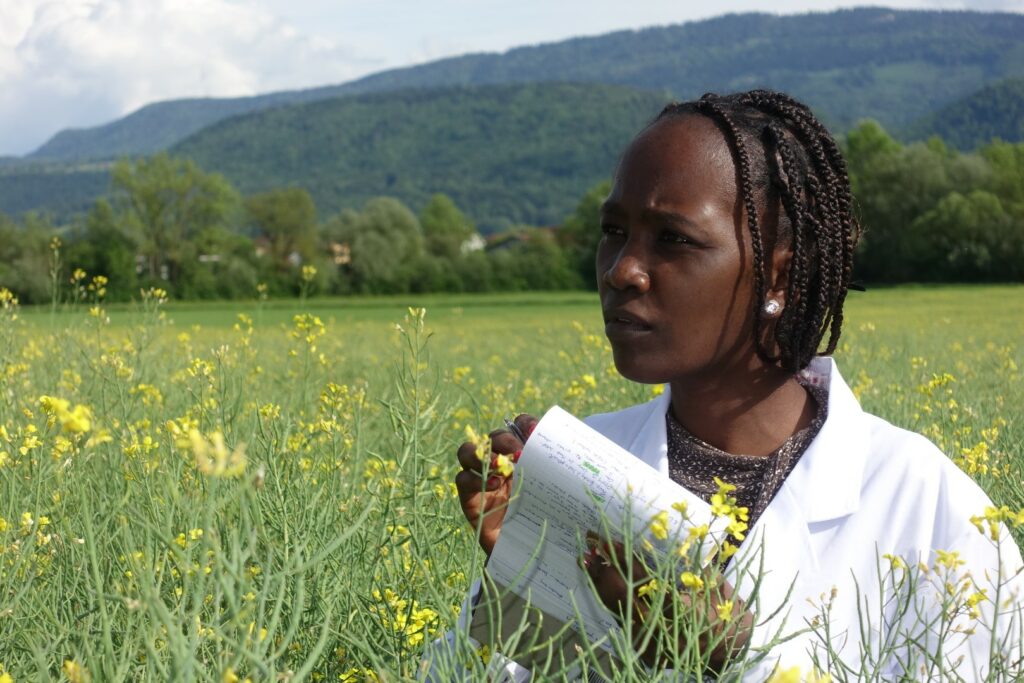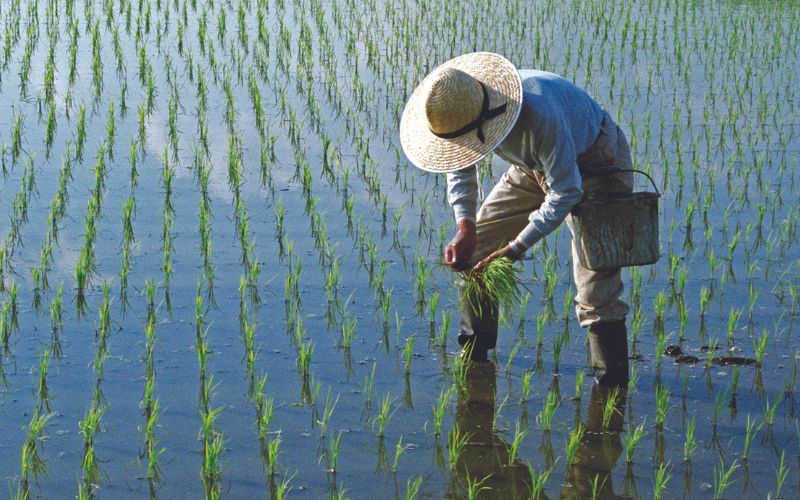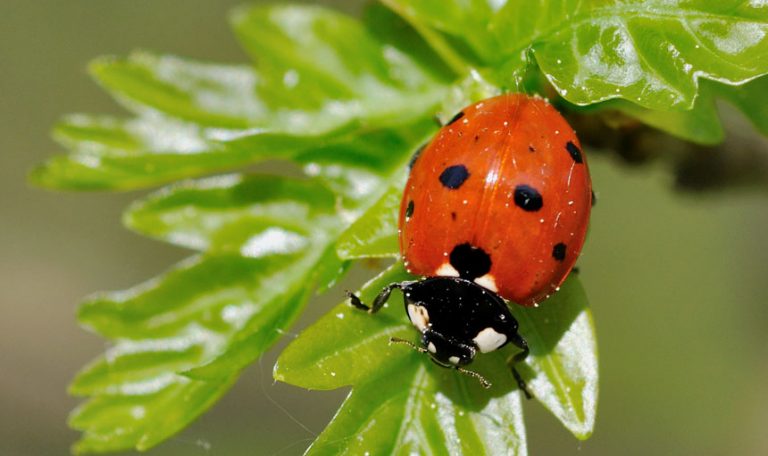Bridging the gender digital divide in Ghana
The gender digital divide is impacting women’s access and use of digital agricultural tools. In recent years, there has been significant growth in digital technologies aimed at farmers and farmer advisors. These technologies offer opportunities for growth and development by boosting the reach of agricultural knowledge, services, and support. However, as with face-to-face agricultural advisory…
Empowering women farmers with digital tools in India
In India, 59 per cent of women work in agriculture. This workforce is vital to the country’s rural economy, with women performing many of the big farming jobs, such as planting, weeding, tending, and harvesting crops.
What is Integrated Crop Management?
Integrated Crop Management (ICM) is a holistic and sustainable approach to farming, focusing on optimizing resources, reducing input costs and promoting long-term soil health. As such, integrated crop management enables farmers to boost crop productivity while minimizing environmental impact. In this blog post, we explore the fundamental principles of Integrated Crop Management and how it…
Five yield-threatening pests and diseases of rice
Pests and diseases of rice are a significant constraint in rice production, accounting for up to 30% of yield losses. Rice is cultivated in over 100 countries and is a staple food source for over half the world’s population. Therefore, the sustainable management of rice pests and diseases is essential if we are to feed…
What are bioprotection products, and how do they work?
Bioprotection products are nature-based solutions to managing crop pests and diseases. More and more growers are turning to environmentally sustainable crop pest and disease management solutions, such as bioprotection products. Reasons for choosing more sustainable solutions include pest and disease resistance to chemical pesticides and concerns for human health and the environment.










